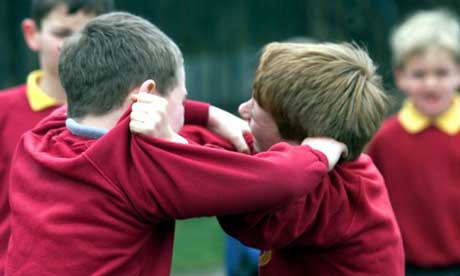Media Release 15 January 2020
A nationwide poll has found that half of New Zealanders believe that the 2007 anti-smacking law has caused a decline in discipline (with a further 16% unsure – 33% said it hadn’t), and that they would continue to smack their child to correct their behaviour if they believed it was reasonable to do so. Almost 40% of mothers of young children say they have smacked despite the law change. Opposition to the law is still significantly higher amongst National and NZ First voters.
The Curia Market Research poll of 1,000 respondents surveyed at the beginning of December also found:
- Low income families (63%), those living in rural areas and National & NZ First supporters were far more likely to flout the law
- 70% said they would not report a parent who they saw smacking their child on the backside or hand (including two out of three Green & Labor voters), while 20% would
- 22% of parents with young children said their child had threatened to report them to the authorities if they were smacked
- 15% of parents with young children said they were aware of a family that had been negatively affected by the law
- 17% of parents with young children said the law had made them less confident as a parent (21% of fathers)
- Only 28% support the current law (61% support a change, with 11% undecided). Opposition to the anti-smacking law was higher in low income areas, and significantly higher for National (79%) and NZ First (86%) supporters. Surprisingly, only half (51%) of Green voters supported the law
- 20% of respondents are more likely to vote for a party promising to amend the law and 17% less likely (58% say it would make no difference to their vote). For National voters, they were 32% more likely and 10% less likely – a net more likely of +22%. NZ First voters were +25% more likely
A 2018 legal analysis of the anti-smacking law said that the law is confusing to parents, police and the legal profession; and that statements and guarantees made by politicians were misleading. In one of the most concerning comments made in the analysis by public law specialists Chen Palmer, it said: “We have not been able to find any decision where the Court has, at sentencing, explicitly balanced the long term effect of the prosecution or the conviction on the parent-child relationship against the level and frequency of the physical discipline the parent is being charged with.”
Just last year, a father was dragged through the lengthy court process for a bottom smack with no physical marks, and the judge having to apply common sense and grant an appropriate discharge without conviction. Family First continues to be contacted regularly by good families negatively impacted by the law.
Family First is calling on the government to pass a bill which will give certainty and clarity to parents. The Minister for Children Tracey Martin admitted that the law had had a chilling effect on parents and that she wanted to improve the legislation to make it clearer in law.
ENDS




